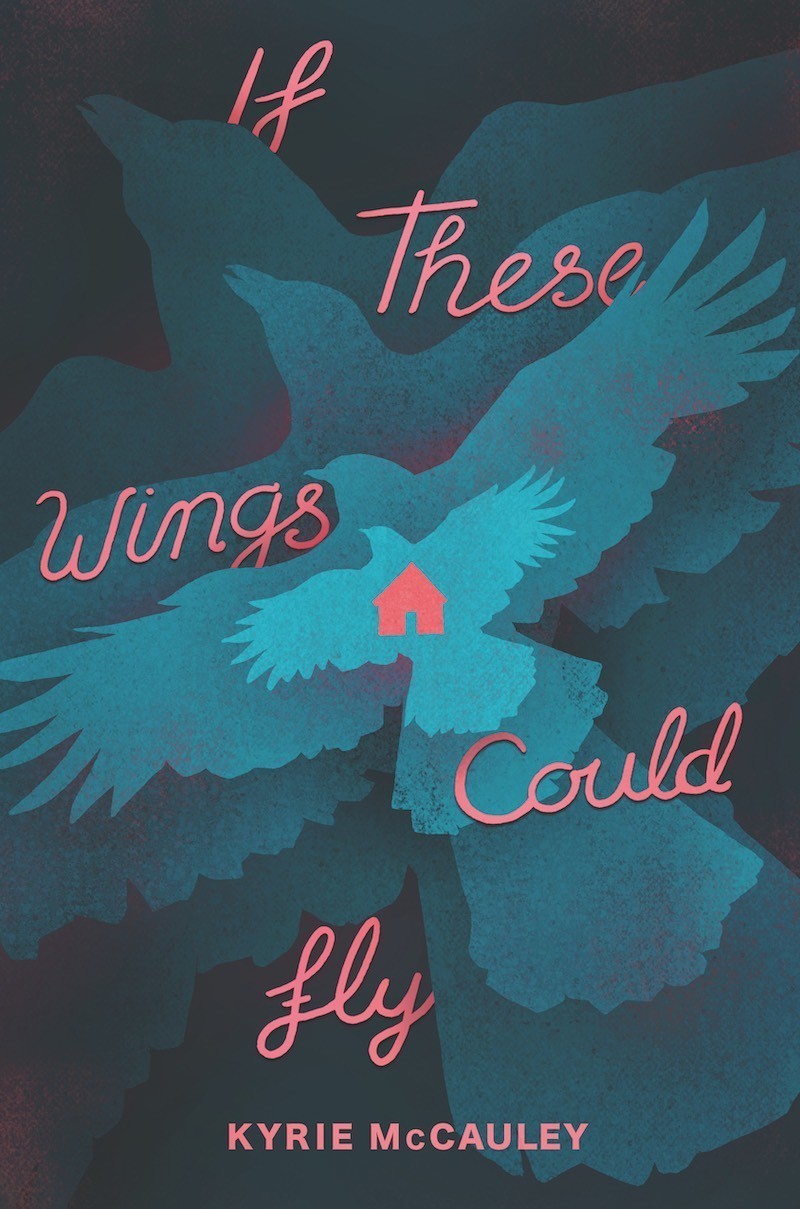Chapter 37
byChapter 37 begins on a cold Saturday morning at 6:45 A.M., with the narrator standing beside a frosty field, preparing to interview hunters dressed in camouflage and armed with loaded guns. The temperature is a brisk 34 degrees, and as the chill bites at their skin, they reflect on the series of decisions that led them to this moment. The interview is crucial for their crow column, which was sparked by an inquiry to Dr. Cornell, a bird expert. Dr. Cornell explains that another town had made unsuccessful attempts to manage a crow population of approximately fifty thousand, using sporadic hunts. While the town’s residents hoped to control the population, Dr. Cornell points out that such hunts are ineffective at significantly affecting the crows’ numbers or their migration patterns. This insight paints a grim picture for the community’s efforts, suggesting that the approach is flawed and unlikely to bring lasting results.
As the interview progresses, the narrator learns of an alternative approach from a nearby town that turned its crow problem into a positive opportunity. Instead of resorting to hunting, this town embraced its crow population by hosting a festival that celebrates the birds, transforming a problem into a tourist attraction. This innovative strategy catches the narrator’s attention, making them question the efficacy of the current approach and whether there might be a more compassionate, sustainable solution. The idea of celebrating the crows instead of hunting them stirs curiosity in the narrator, who begins to wonder how other towns might benefit from a similar mindset. By reframing the problem in a new light, the town was able to both solve its issue and bring in economic benefits, suggesting that looking at problems from a different angle can often yield unexpected and creative results.
Liam, who is present with the narrator during the hunt, reveals that his father has expressed a desire for them to bond over hunting, a tradition Liam does not feel connected to. While he understands his father’s intentions, Liam admits he finds little enjoyment in the idea of hunting crows, a species he has developed a fondness for. This conversation reveals a generational gap between them, highlighting differing views on traditional practices such as hunting. Liam’s discomfort with hunting showcases the shift in attitudes among younger generations, who are increasingly questioning the need for such practices in modern times. This insight into Liam’s perspective adds depth to the narrative, illustrating how traditions are often inherited but not necessarily embraced by every individual, especially as personal beliefs and values evolve.
As the narrator and Liam discuss potential interviewees at the hunt, the narrator’s thoughts drift to Joe and Juniper, who are also involved in the event. Anxious about Joe’s participation, the narrator’s unease grows, especially as they reflect on the darker aspects of the hunt. Liam notices the change in the narrator’s demeanor and offers a comforting gesture, but the narrator deflects, insisting they are fine and that they don’t like guns. Despite the narrator’s attempt to hide their discomfort, Liam’s concern only deepens, and he advises caution as they part ways. This subtle moment of support from Liam further illustrates their growing bond, but it also emphasizes the narrator’s internal conflict and wariness surrounding the hunt and its effects on both the birds and the people involved.
Despite the hunters’ general disinterest in the environmental impact of their actions, they eagerly engage with the narrator, offering information and anecdotes about the hunt. However, the sound of gunshots rings out, and the narrator becomes increasingly unsettled, longing for a different outcome. They wish the town would shift towards a more positive celebration of the crows, akin to the festival mentioned earlier. The narrator imagines a world where the town embraces the crows, turning the event into something joyful and educational rather than grim and violent. They long for a more meaningful exchange, where the efforts made by the community could be directed toward fostering understanding and appreciation for the birds, rather than perpetuating a cycle of violence. This reflection captures the narrator’s inner desire for change, highlighting their growing belief that there are always alternative solutions to problems, if only people are willing to shift their perspective.

